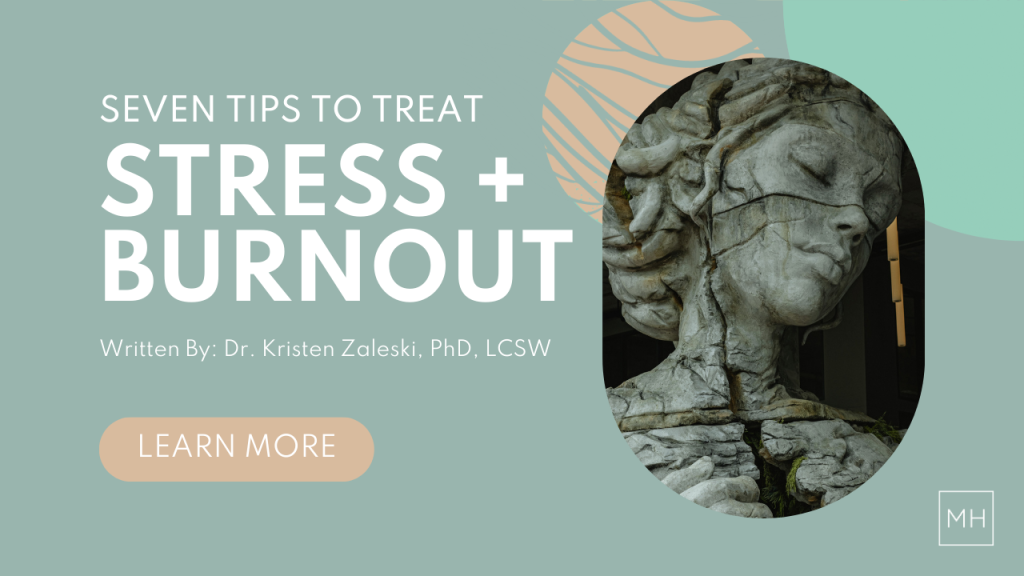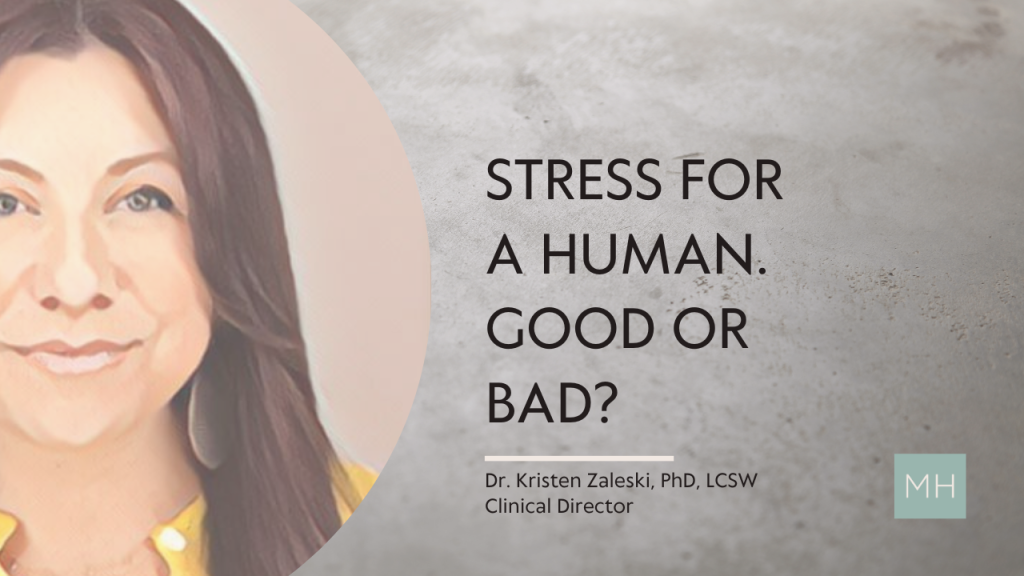How to Cope When Big World Events Happen
Written by: Dr. Kristen Zaleski, PhD, LCSW | Chief Clinical Officer
When significant world events occur, whether they are political upheavals, natural disasters, or global crises, it’s normal to feel overwhelmed, anxious, or powerless. Sometimes, being present in our normal ways such as scrolling social media or group chats on our phones can exacerbate feelings of overwhelm, despair, and stress. The vast scale of these events can make it hard to process our emotions or know how to respond, especially when those around you are also having a hard time processing.
HOW TO START COPING
As the ups and downs of life happen, and you notice a change in how you are reacting to the world, it’s important to begin to prioritize YOU. One way to begin coping is by focusing on what you can control. This might include creating (or re-acquainting yourself) with a daily routine, limiting exposure to distressing news on TV or in your social channels, and/or engaging your energy into positive actions like volunteering or donating to relief efforts. By shifting your focus to manageable aspects of your life, you can ground yourself and regain a sense of agency.
COPING WITH CONNECTION
As humans, we are wired for connection. Big world events shake us because we begin to feel disconnected from the world because we didn’t anticipate the change. A way to cope with this is to seek out love and connection that fulfills you. In times of uncertainty, our relationships with family, friends, and community become vital sources of support. Talk to people you trust about your feelings, and lean on them when you need comfort. Whether it’s a heartfelt conversation, a hug, or simply spending time together, these acts of connection can remind you that you’re not alone. Love and compassion—whether received or given—can be powerful antidotes to fear and stress.
BUILD RESILIENCE
Finally, prioritize finding safety within your body, environment, and social life. It might seem silly, but reminding your body that you have safety in your space can go a long way. Begin a bedtime routine, start doing daily stretching before coffee in the morning, or commit to that step count every day. Showing your brain and body you are accomplishing something promotes a sense of forward movement and takes you out of the stagnant fear response. Evidence-based relaxation strategies such as deep breathing or gentle movement, can calm your nervous system. Create a safe and comforting space in your home where you can retreat when needed. Surround yourself with people who uplift you and avoid those who amplify negativity. By creating a sense of physical, emotional, and social security, you can build resilience to navigate the challenges of big world events while protecting your well-being.
DO YOU HAVE A QUESTION?
Send our team a message or call 888.717.9355


